These common misconceptions about Israel might surprise you.
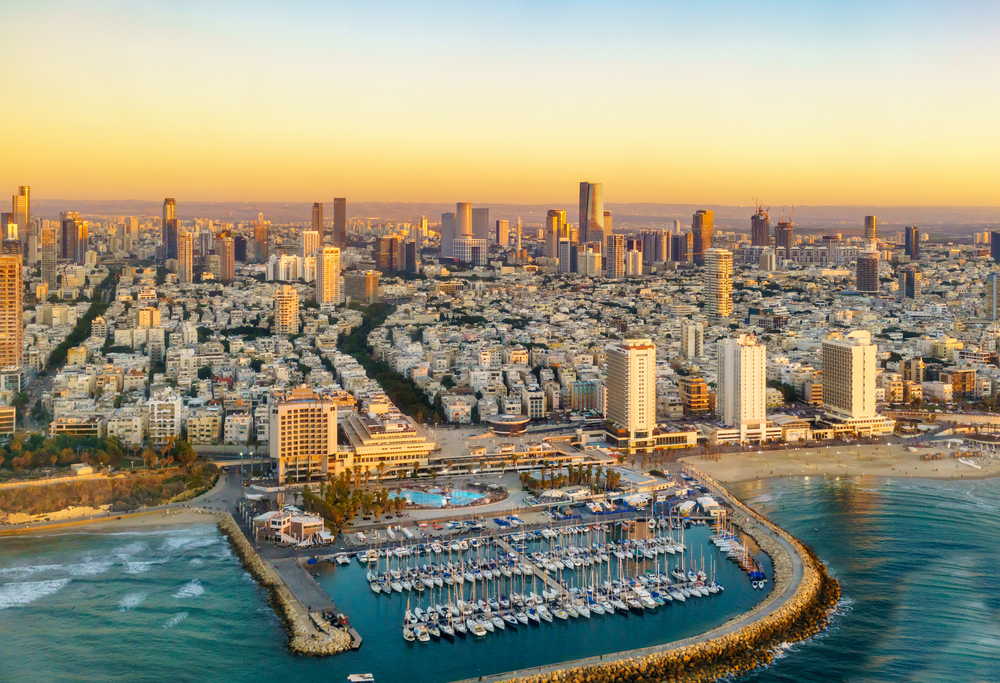
Israel is one of the most fascinating and complex destinations in the world, blending ancient history with cutting-edge innovation. But for many travelers, what they expect before arriving is often very different from what they experience on the ground. Thanks to media portrayals, outdated assumptions, and secondhand stories, tourists frequently arrive with misconceptions that don’t hold up once they start exploring.
Some visitors expect nothing but conflict, only to find a thriving, modern country filled with diverse cultures and welcoming locals. Others assume Israel is entirely religious, overlooking the lively nightlife and booming tech industry. Even the geography surprises people, with lush forests, rolling hills, and stunning beaches replacing the desert landscapes they imagined.
If you’re planning a trip or just curious about this unique country, it’s time to separate fact from fiction. Here are some of the biggest misconceptions tourists keep getting wrong about Israel.
1. Israel is just a desert with nothing but sand and camels.

Many people picture Israel as a vast desert landscape, but the country’s geography is far more diverse than most realize. While the Negev Desert covers the southern half of the country, the rest of Israel is filled with green valleys, lush forests, and even snow-capped mountains in the winter, according to experts at Earth Site Education. The north, especially around the Galilee and Golan Heights, is home to rolling hills, vineyards, and scenic hiking trails that feel nothing like a desert.
Coastal cities like Tel Aviv and Haifa boast Mediterranean beaches with crystal-clear waters, while the Dead Sea sits at the lowest point on Earth, offering a completely different natural wonder. In the winter, you can even ski at Mount Hermon in the north. The idea that Israel is just a dry, barren land couldn’t be further from the truth—its landscapes are as varied as its history.
2. It’s dangerous everywhere, and you’ll constantly feel unsafe.
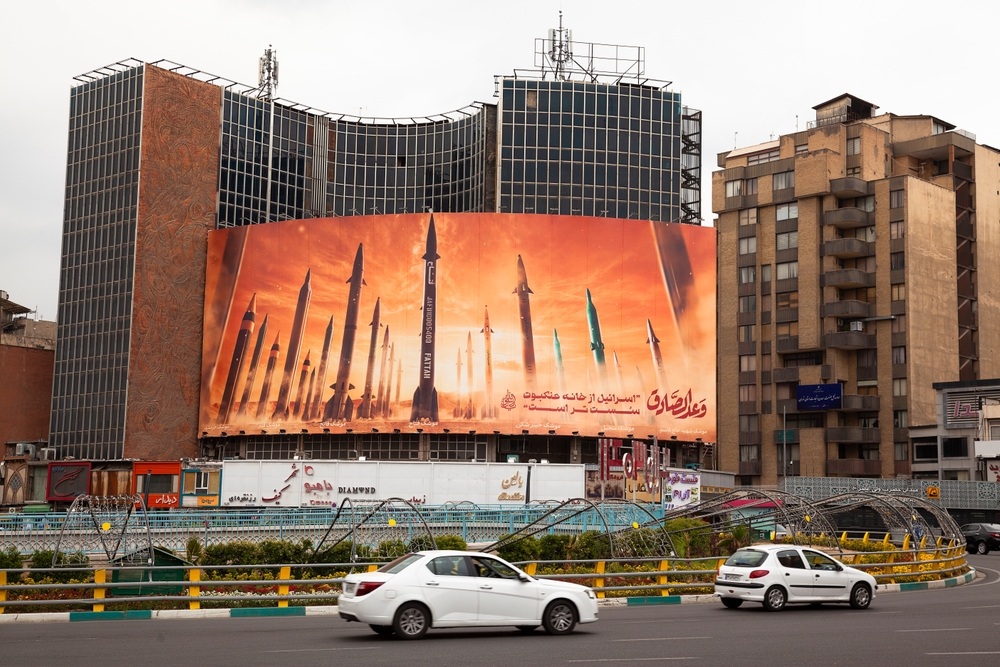
Because of how Israel is covered in the news, many first-time visitors expect a war zone, with constant threats and an overwhelming military presence. While security is taken seriously, everyday life in Israel is far more normal and peaceful than many assume. Cities like Tel Aviv and Haifa feel no different from major European capitals, with busy streets, trendy cafes, and a thriving arts scene.
Tourists often comment on how safe they feel, even walking around at night. Statistics compiled by Numbeo reveal that crime rates in Israel are actually lower than in many U.S. cities, and while tensions do exist, the vast majority of visitors never encounter any issues. Like anywhere else, staying aware and following travel advisories is important, but the idea that Israel is too dangerous to visit is one of the biggest misconceptions out there.
3. Everyone in Israel is deeply religious.
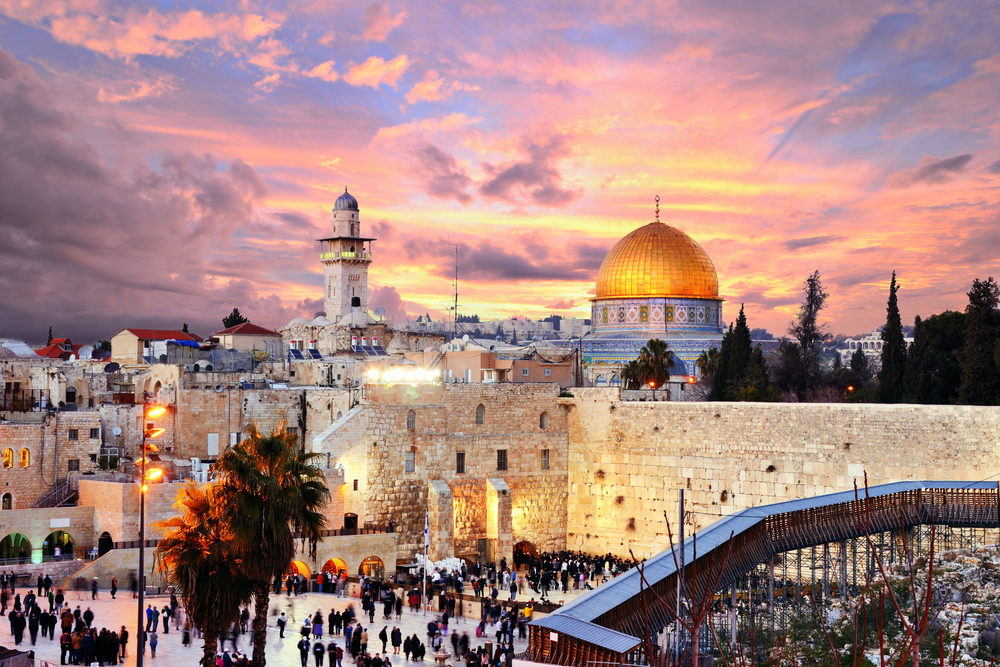
Because Israel is the Jewish state, many tourists assume the entire population is highly religious. In reality, Israeli society is incredibly diverse when it comes to faith and observance. While ultra-Orthodox communities exist, especially in Jerusalem, many Israelis identify as secular or culturally Jewish rather than religious, according to research outlined on Wikipedia. Tel Aviv, for example, is known for its liberal attitudes, beach culture, and vibrant nightlife rather than religious conservatism.
Beyond Judaism, Israel is home to a mix of Christians, Muslims, Druze, and other religious groups, each contributing to the country’s cultural fabric. Walking through cities like Haifa and Jaffa, you’ll see mosques, churches, and synagogues coexisting in the same neighborhoods. The assumption that Israel is a strictly religious country overlooks its modern, diverse, and often very secular side.
4. You can’t visit if you don’t keep kosher.
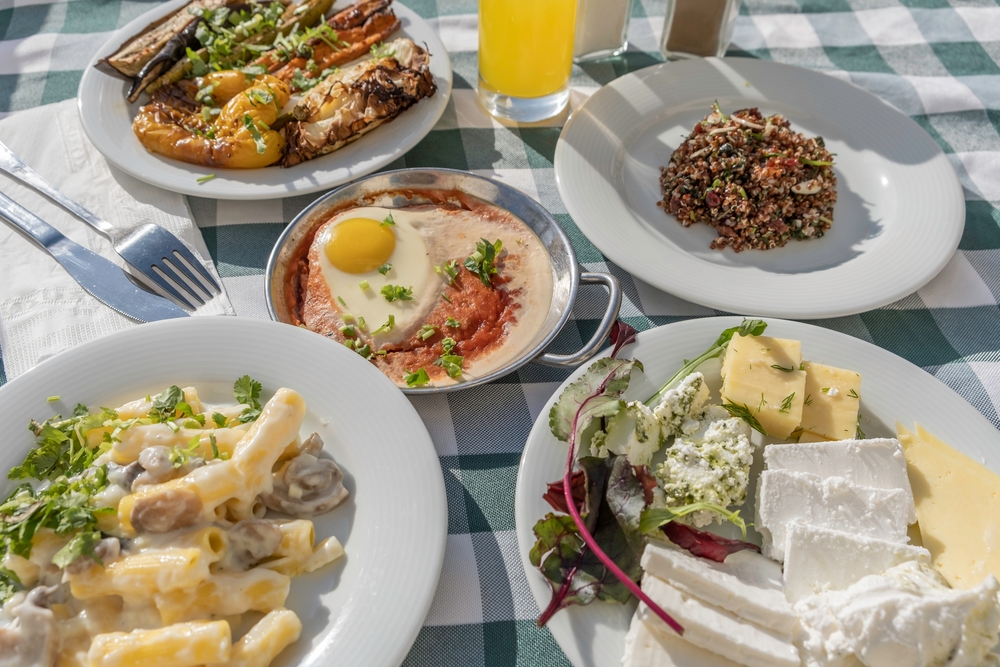
Many tourists worry that their food options will be limited if they don’t follow kosher dietary laws. While kosher restaurants are common, especially in Jerusalem, Israel’s food scene is far more diverse than people expect, writes Debbie Kandel on her site, Debbest Israel. In cities like Tel Aviv, you’ll find everything from sushi to Italian to world-class steakhouses that don’t follow kosher restrictions.
Street food is another highlight, with must-try dishes like falafel, shawarma, and sabich readily available without concern for dietary rules. Even in kosher restaurants, the restrictions mainly affect mixing dairy and meat, which doesn’t limit the incredible flavors of Israeli cuisine. No matter your dietary preferences, you’ll eat well in Israel—kosher or not.
5. Israelis are rude and always in a rush.
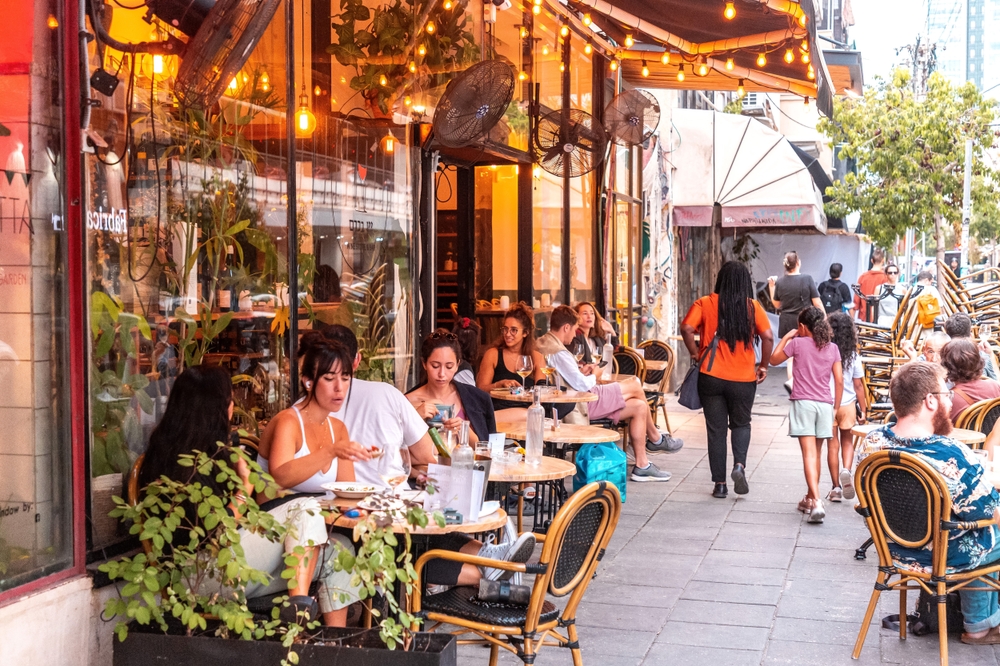
Israelis are known for being direct, which some tourists mistake for rudeness. In reality, the culture values honesty and efficiency over excessive politeness. While people may seem blunt at first, they are also warm, welcoming, and eager to help when needed. If you ask for directions, expect a full conversation and possibly even a ride to your destination.
This fast-paced, no-nonsense attitude is especially noticeable in cities like Tel Aviv, where life moves quickly. But once you spend time with locals, you’ll find that Israelis are incredibly hospitable. They may skip small talk, but they’ll invite you to dinner, offer travel tips, and treat you like family if you show genuine interest in their culture.
6. Public transportation is confusing and unreliable.
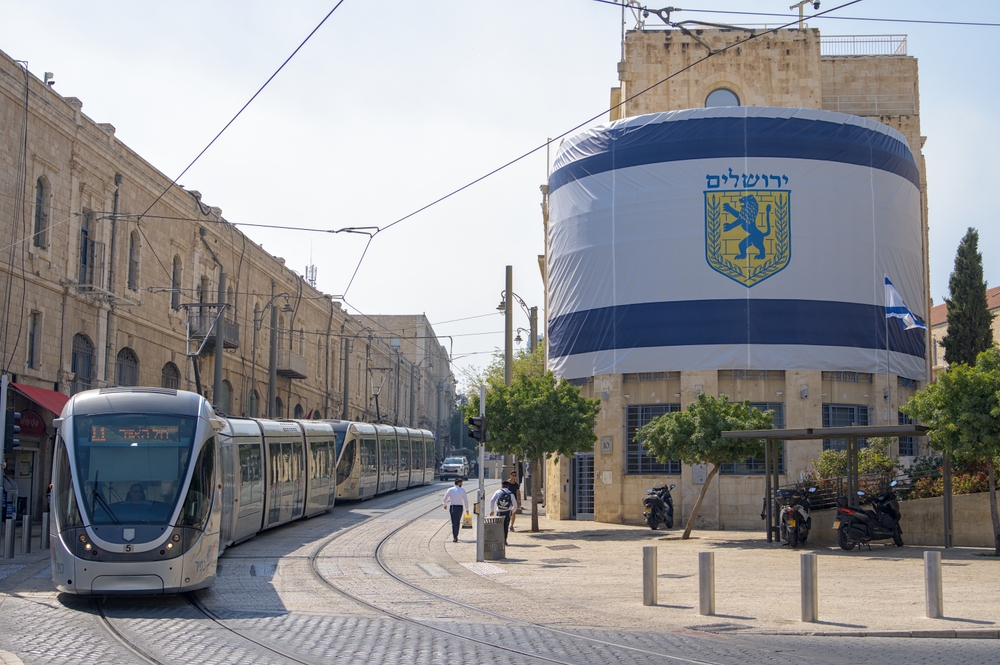
Some travelers assume getting around Israel is difficult, but the country actually has a well-connected and affordable transportation system. The train network links major cities like Tel Aviv, Jerusalem, and Haifa, offering a fast and efficient way to travel. Buses cover nearly every corner of the country, and apps like Moovit make navigating routes easy for visitors.
The biggest challenge? Public transportation shuts down on Shabbat (Friday evening to Saturday evening), which catches many tourists off guard. However, shared taxis called sheruts still operate, and rental cars or bikes are good alternatives. Once you get used to the system, getting around Israel is easier than most people expect.
7. You need to speak Hebrew to get by.
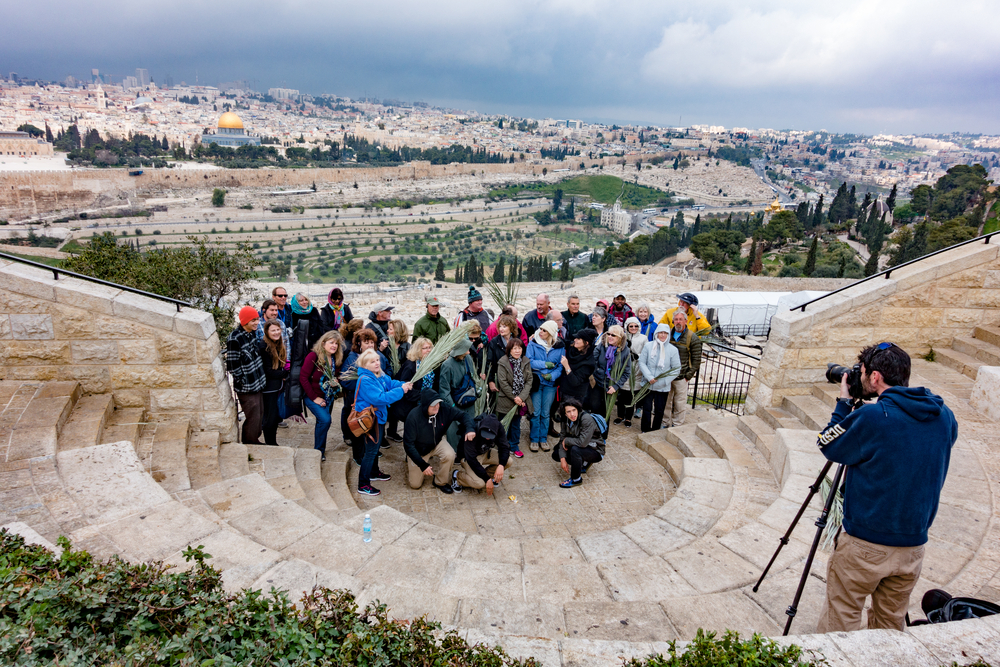
While Hebrew is the official language, English is widely spoken throughout Israel, especially in tourist areas. Most signs, menus, and public transport announcements are in both Hebrew and English, making navigation relatively easy. In Tel Aviv and Jerusalem, you’ll have no problem finding English-speaking locals in restaurants, hotels, and shops.
That said, learning a few basic Hebrew phrases—like “Shalom” (hello) or “Toda” (thank you)—can go a long way in showing respect for the culture. But if you don’t speak a word of Hebrew, don’t worry—most people will happily switch to English to help you out.
8. Israel is just about history and religion, with nothing modern to see.
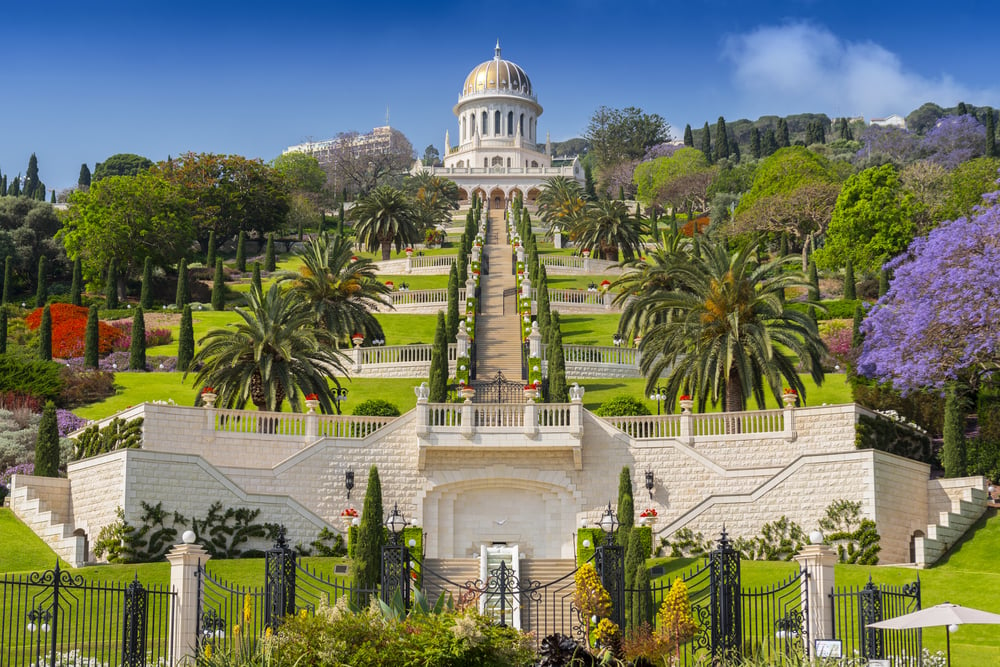
Many tourists come to Israel expecting only ancient ruins and religious sites, overlooking the country’s modern and innovative side. While historic landmarks like Masada, the Western Wall, and Nazareth are incredible to visit, Israel is also a hub for technology, art, and nightlife.
Tel Aviv, often called the “Startup City,” is a major tech center with skyscrapers, cutting-edge innovation, and some of the best nightlife in the world. Haifa is known for its cultural diversity and high-tech industries, while Eilat offers stunning beaches and scuba diving in the Red Sea. Israel may be rich in history, but it’s also a forward-thinking, vibrant country that blends the past with the future in a way few places can.
9. The Dead Sea is just another regular beach experience.
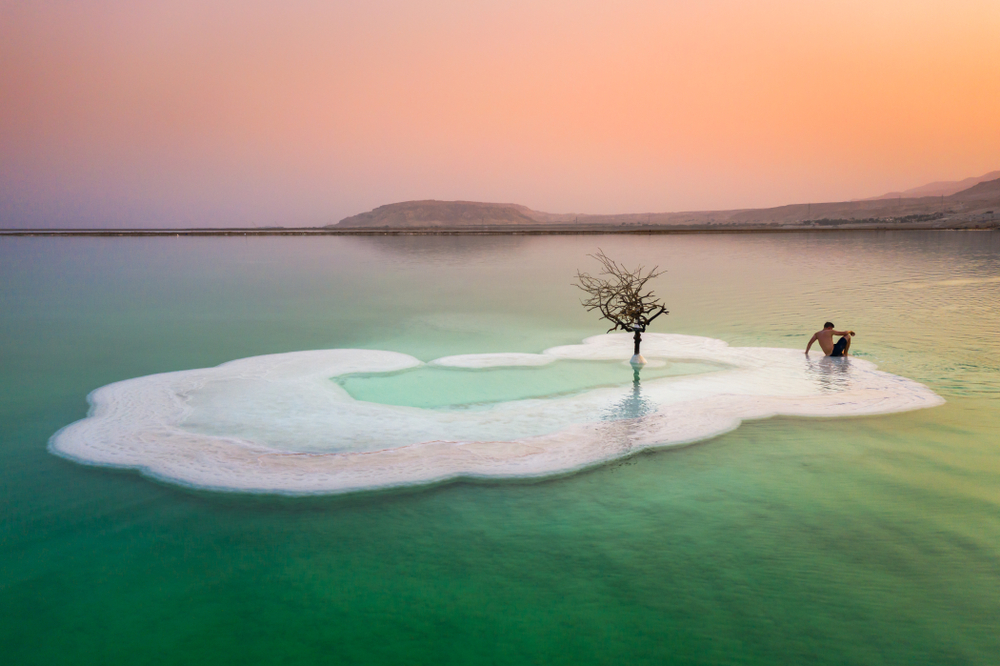
Many tourists assume that visiting the Dead Sea is like going to any other beach, but it’s an entirely different experience. First, the extreme salt content makes swimming impossible—floating is your only option. Instead of wading in gracefully, you have to lean back and let the water support you. Trying to “swim” normally will only result in awkward flailing.
Another surprise? The water can sting—badly. Any small cuts or freshly shaved skin will burn, and getting water in your eyes is a mistake you won’t make twice. Still, floating in the Dead Sea is one of the most unique experiences in the world, and covering yourself in mineral-rich mud is part of the fun. Just don’t expect to splash around like you would in a regular ocean.
10. Israel shuts down completely every Friday for Shabbat.
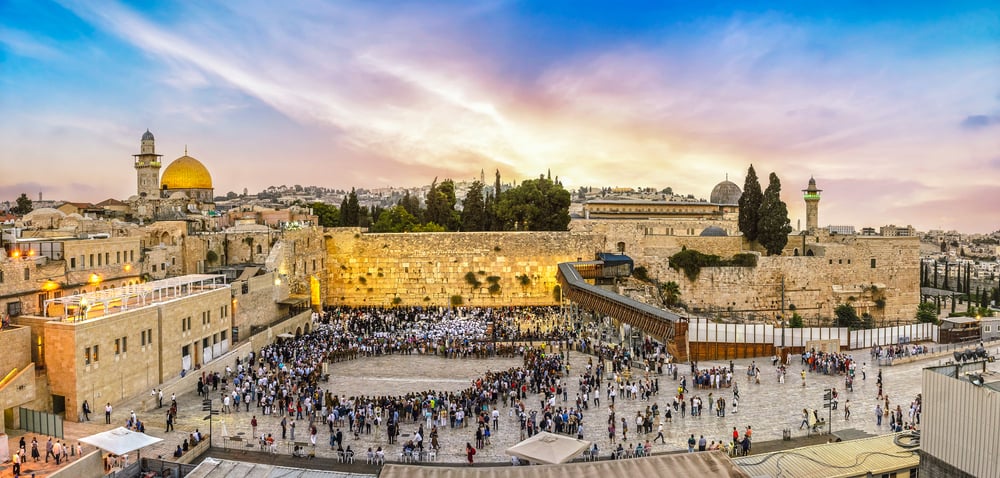
Many visitors think the entire country grinds to a halt every Friday evening when Shabbat begins. While it’s true that public transportation, government offices, and many businesses close until Saturday night, life doesn’t stop everywhere. In cities like Tel Aviv, bars, restaurants, and clubs remain open, with a nightlife scene that stays just as lively as any other night of the week.
Even in Jerusalem, where Shabbat observance is more widespread, some areas remain active. Tourists who plan ahead can still find open restaurants and alternative transportation options like shared taxis (sheruts). While Shabbat does affect daily life in Israel, it doesn’t mean the entire country shuts down.
11. Tel Aviv is just another Middle Eastern city.
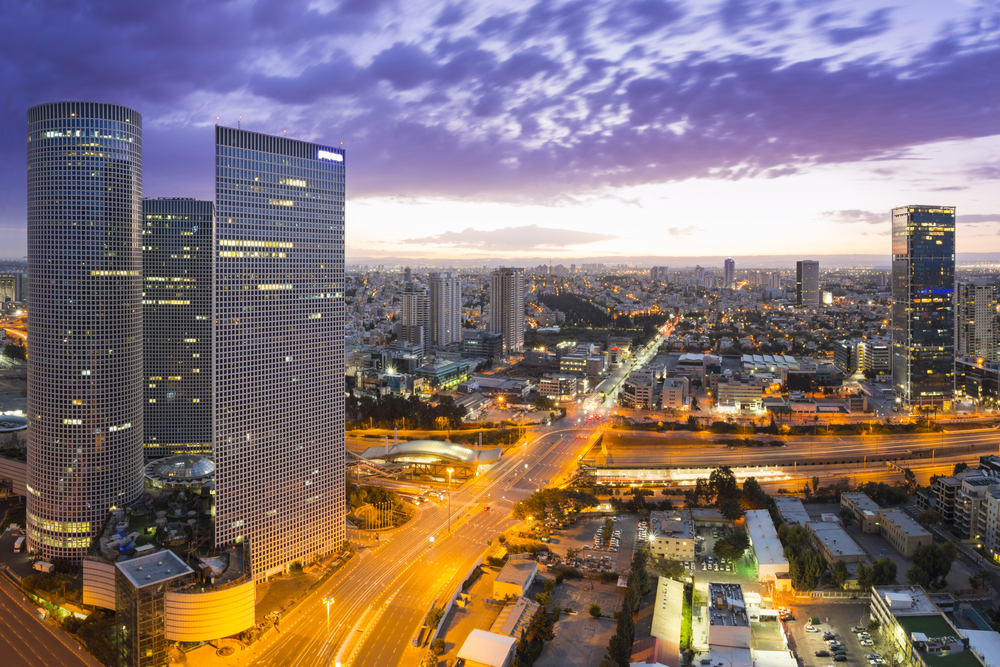
Many tourists assume that Tel Aviv is like any other city in the region—traditional, conservative, and slow-paced. In reality, it’s the complete opposite. Tel Aviv is a fast-moving, modern metropolis with a Mediterranean beach culture, a booming tech industry, and some of the best nightlife in the world. It feels more like Barcelona or Miami than a typical Middle Eastern city.
The city is known for its liberal attitudes, cutting-edge architecture, and thriving arts scene. Its 24-hour energy keeps restaurants, bars, and music venues buzzing late into the night. The food is world-class, the beaches are stunning, and the people are as diverse as the city itself. If your image of Tel Aviv is based on outdated assumptions, expect to be surprised—it’s unlike anywhere else in the region.
